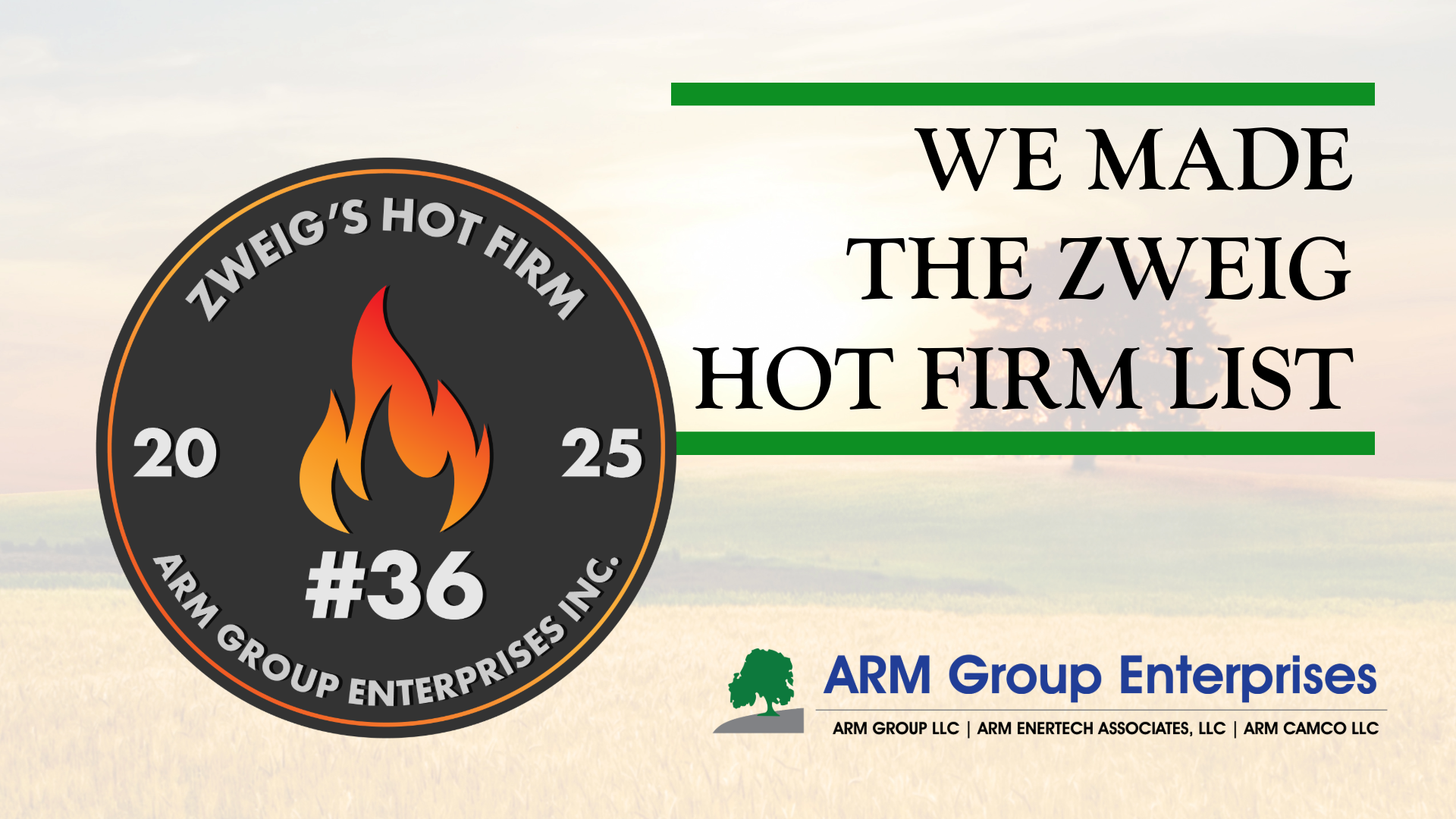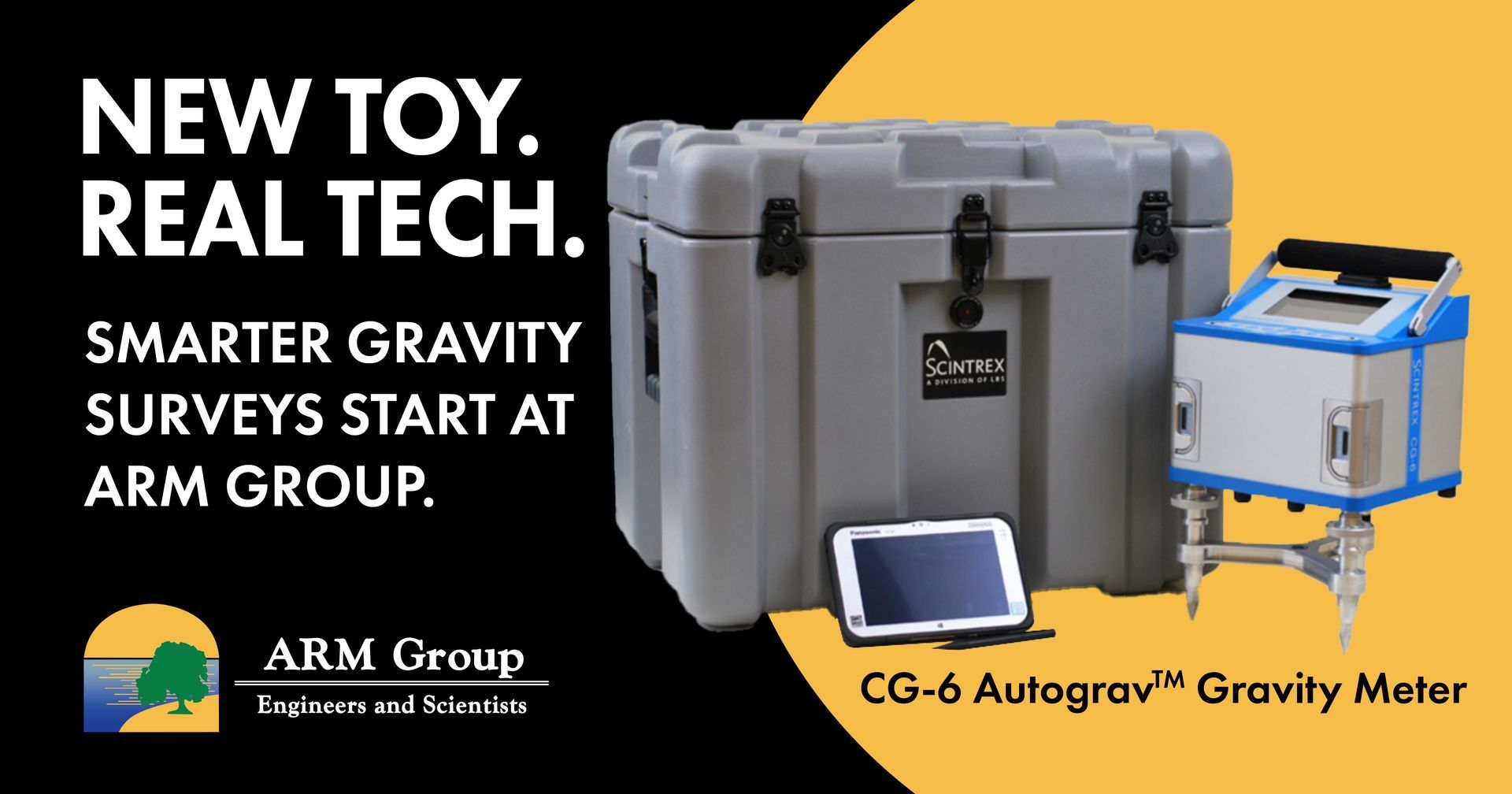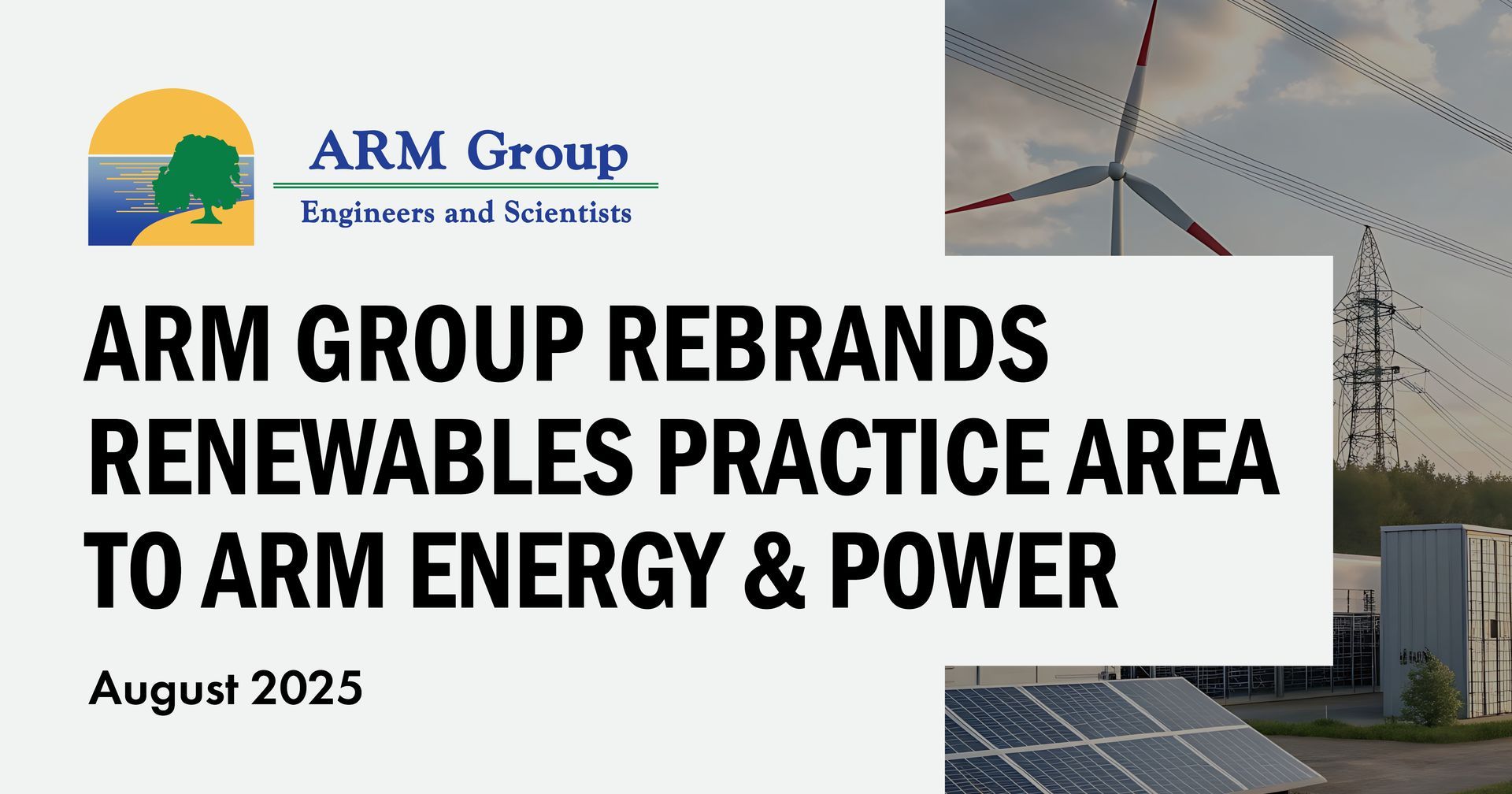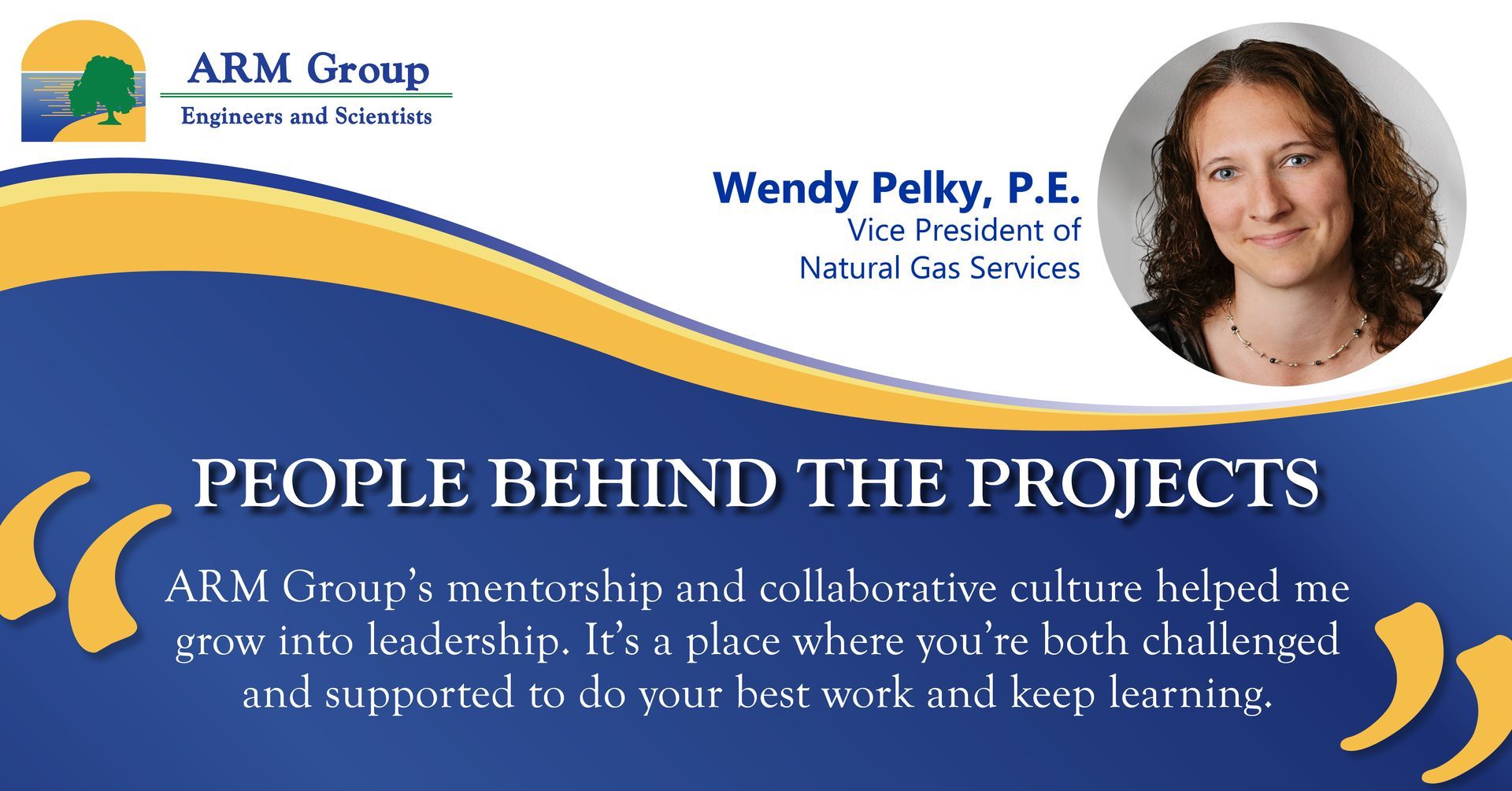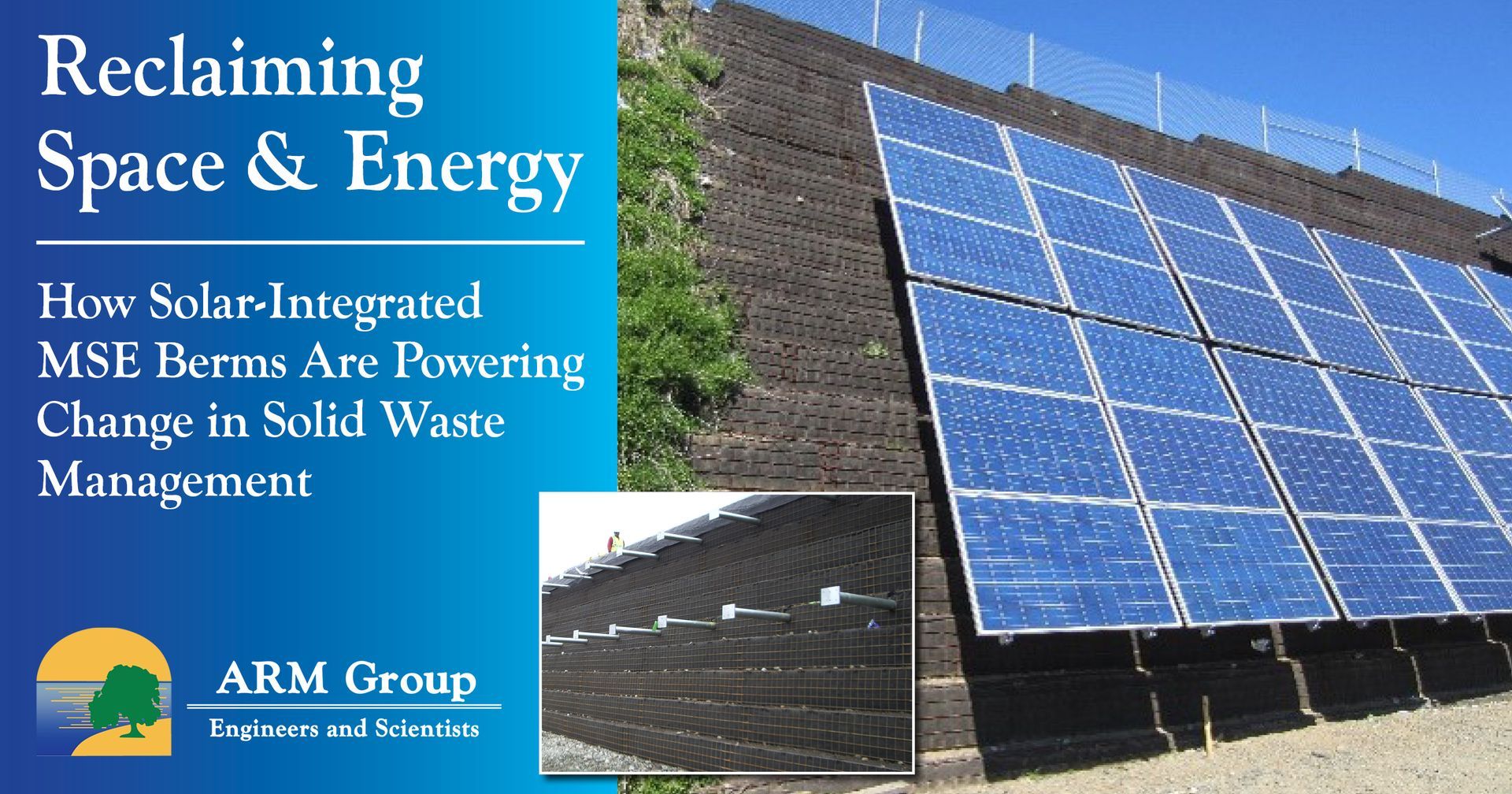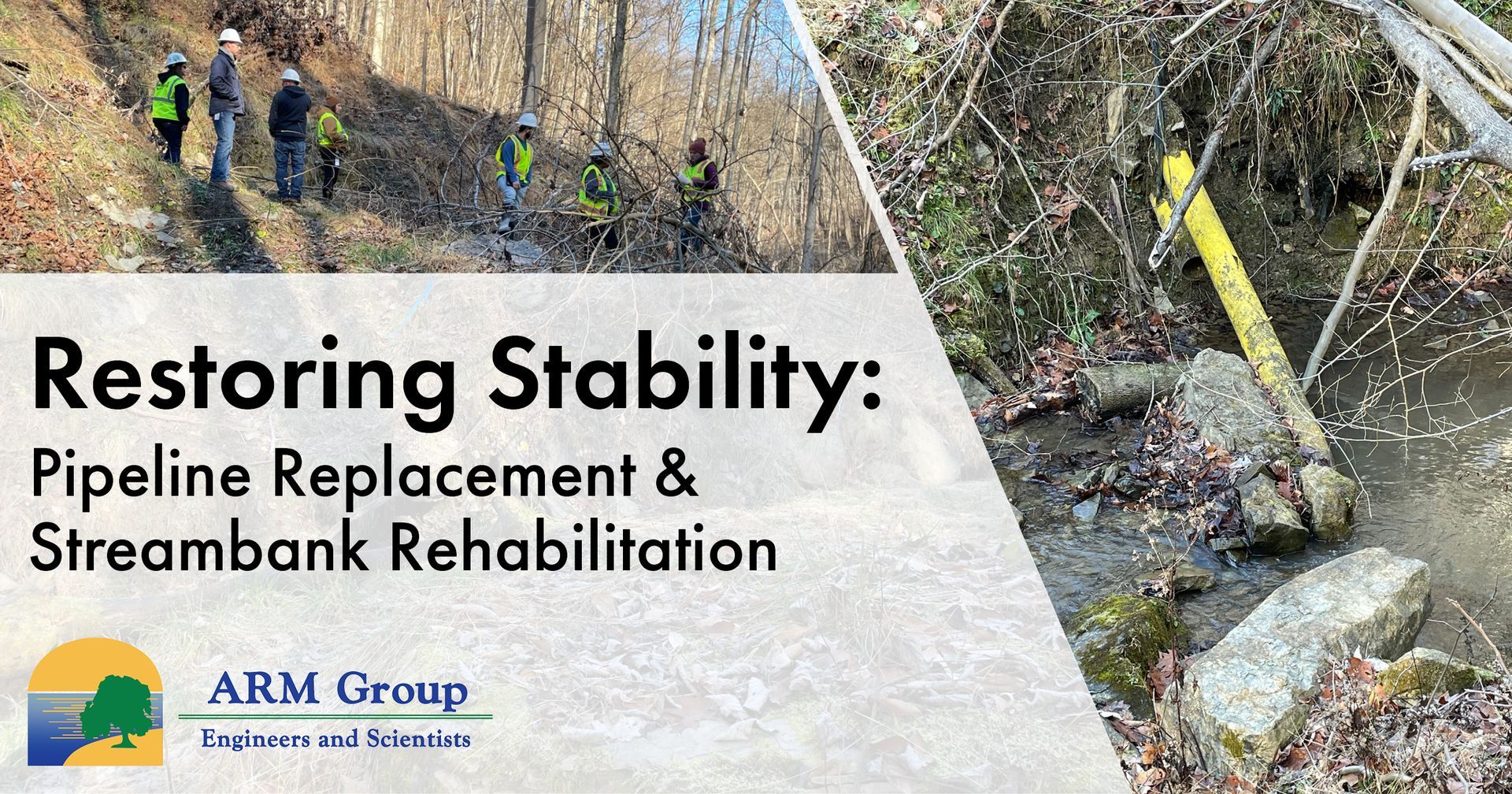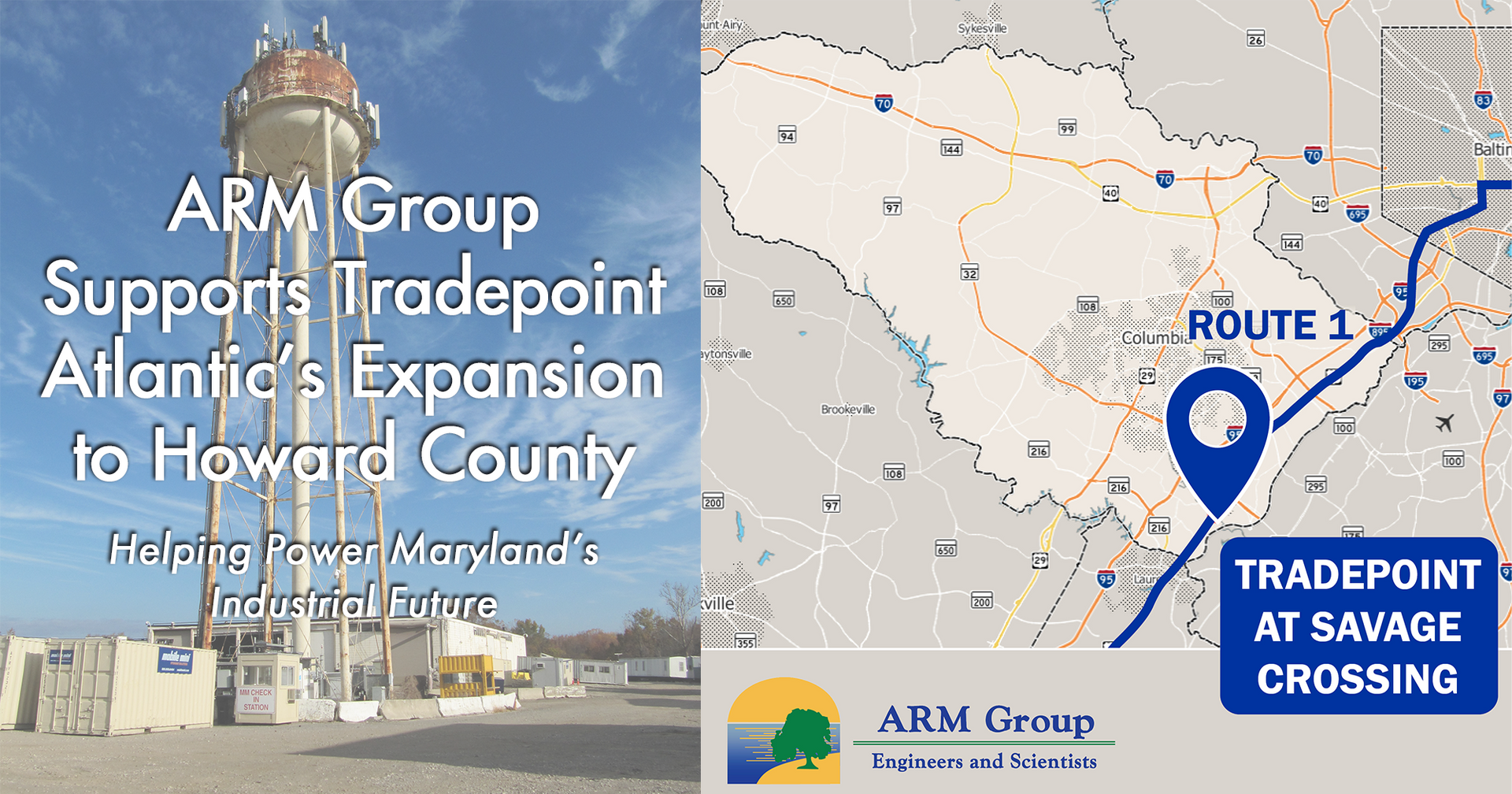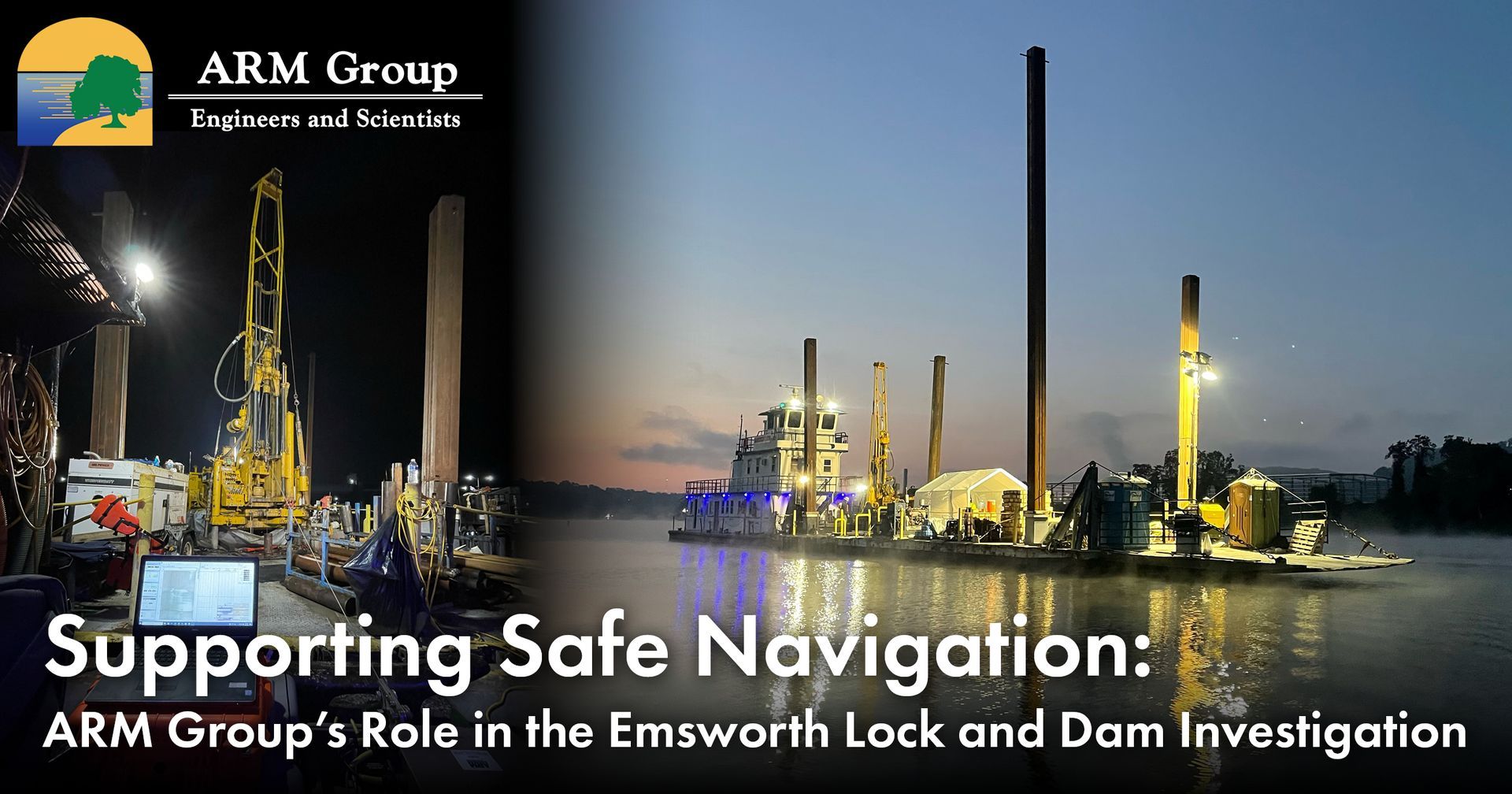ARM’s Benjamin Allen to Present at MASSRECYCLE’s R3 Conference
ARM Group Inc.’s Benjamin Allen will offer his expertise on Mechanically Stabilized Earth (MSE) Berm Design, Construction, and Monitoring to solid waste professionals at MASSRECYCLE’s R3 Conference in Framingham, Massachusetts on March 27th. MASSRECYCLE is co-located with the SNE SWANA Conference and is one of the biggest state conferences in the nation. Attendees will focus on the technical aspect of municipal solid waste management as well as recycling, reuse, and waste reduction .
Mr. Allen has been working in the solid waste industry throughout the entirety of his career with ARM. Throughout his work in the solid waste industry, Mr. Allen has been involved with the design of MSE berms at seven different solid waste facilities, including two in Massachusetts and one in Connecticut. Mr. Allen has been involved with MSE berms at several different stages, including: feasibility studies, design, construction, and post-construction monitoring. Several of the MSE berms Mr. Allen has had involvement with utilized innovative solutions such alternative backfill and solar panels mounted on the face of MSE berms.
MSE berms have been utilized throughout the United States to prolong the life of existing landfills by facilitating vertical expansions rather than lateral expansions. When space is constrained due to property limits, environmentally sensitive features, etc., MSE berms provide an alternative to extend the life of a facility. From conception to implementation, several factors must be considered when utilizing MSE berms. Mr. Allen’s presentation will discuss key aspects of the design phase and factors that should be considered by the design engineer and owner. After discussing the design, the process of constructing MSE berms will be presented. Finally, the importance and methods for monitoring MSE berms will be discussed. Throughout the presentation, “lessons learned” and innovative solutions will be discussed based on several projects throughout the Mid-Atlantic and New England.
